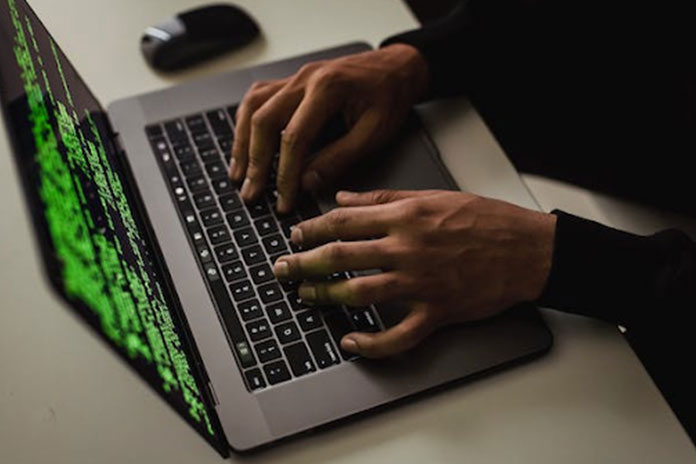Your personal data is valuable, and you need to protect it. Hackers could use your identifying information to open credit accounts and borrow money in your name. They could commit crimes and give the police your information instead of their own. They could even seek medical treatment and give the doctor your health insurance information, if they can get ahold of it.
The more secure you make your personal information, the better. You need a strong antivirus program, and you need to lock down your home network. Secure your online accounts, and always keep your devices up to date. To protect your data in the event of a ransomware attack, make sure you back it up regularly to the cloud or to an external storage device.
Use Antivirus Software
Antivirus software is one of the most effective tools for protecting your identity. So much malware is out there with the express goal of gaining access to personal or financial information that hackers can use for monetary gain. But antivirus software ID protection isn’t limited to protecting you from viruses designed to steal your information. Many antivirus programs now offer ID protection features like dark web monitoring, so you can know if your data has been compromised, and resolution assistance, so you don’t have to face the aftermath of identity theft alone.
Protect Your Home Network
Could your home network be vulnerable to hackers? It probably is, unless you’ve taken specific steps to lock it down. You need to login to your router’s admin dashboard and change the default login credentials to make it harder for hackers to get in and change the settings themselves. You also need to make sure it’s set to the most recent encryption protocol, WPA3. You’ll also want to make sure you have an active firewall to keep unwanted traffic off your network.
Secure Your Accounts
With data breaches happening all the time, it’s a rare person who hasn’t had some personal data leaked to the dark web. Email, banking, and shopping passwords are particularly valuable to identity thieves. Email contains a lot of personal information, some of it very sensitive indeed. A scammer can lock you out of your email and hold it for ransom, while at the same time impersonating you to everyone on your contacts list to try to get some money out of them.
You need to make sure your accounts are secure, especially if you suspect you’ve been involved in a data breach. Use a password manager to generate unique, strong passwords for all of your accounts, and store them so you don’t have to write them down or remember them all. Turn on multi-factor authentication for your accounts, especially important ones like banking, email, and shopping. Use security questions only you know the answers to – and keep your answers to yourself.
Install Software Updates Immediately
Hackers can use known flaws in your device’s operating software to access it and steal information from it or take control of it. That’s why it’s important to install software updates as soon as you can. Software updates contain patches for known software flaws so that hackers can’t exploit them on your devices. Make sure to keep your operating system, antivirus software, and internet browsers and apps up to date to protect against at least some kinds of online attack.
Backup Your Files
If hackers gain access to one or more of your devices, they may lock you out and try to hold your data for ransom. If you have another copy of the data in another place, then you don’t need to pay the ransom to get your data back – you can just go about removing the ransomware. You’ll also still have all your files if your device crashes or dies, or if you lose files to a virus.
There are many options for cloud storage, but your data might be most secure in an external storage device, like a USB drive or an external hard drive. Cloud storage is good if you can’t remember to make regular backups, but if you can handle making regular backups yourself, definitely store them on an external storage device and keep that device safe.
If you can keep your personal data safe, you’ll be much less likely to become the victim of identity theft. And even if your data is compromised, practicing vigilance around your information will prepare you to move forward and protect yourself in whatever ways might be necessary.
Also Read: Easy Steps To Protect Yourself From Hackers


